
MOBILE MONEY TRANSFER AND EDAHAB
Mobile Money is a sustainable, scalable approach to providing convenient and affordable financial services to the unbanked. More than one billion customers in developing markets have access to a mobile phone, but do not have a formal bank account.
INSPIRING STORY OF MOBILE MONEY TRANSFER 'INNOVATOR'
He claims to being the "M-Pesa Innovator”, the originator of the idea on which Vodafone Mobile Money Transfer Service, popularly known as M-PESA, in Kenya is based.M-PESAwas launched in April 2007. Although there are claims and counter-claims about whose idea it really was, Nyagaka Anyona Ouko’s story about the invention and how it came about is a fascinating one. It gives us a good insight into the challenges facing mobile operators and banks in developing countries.
Ouko’s story starts in 2002, when he wanted to send money to his ailing mother in a remote village. Ouko faced limited methods of transferring the money and takes up the story: "The only legal way of sending money by then was through the use of Money Order or Express Money Order which were being offered by the Postal Corporation of Kenya. However those methods required that my mother had to travel some distance to pick up the money. I also had to find time and travel to the local post office where I could do the transaction.”
He continues: "The most popular way of sending money then was by bus. However one had to hang around the bus station for buses plying the upcountry routes. I come from Gesusu village and by then Kisii District , currently Kisii County. So I could hang around and on a good day find a fellow villager whom I could entrust with the money. On some occasions of course the money never got home.”
With this need in mind, Ouko had a "Eureka” moment and realised: "If I sendmy mother some airtime, she could probably convert it to money somehow. This is because I had on occasions sent airtime before. This I could do by scratching the number, and read it to the person at the end of the line. The person could jot it down and then load it later.”
So he went on to arrange with a shopkeeper friend of his in his mother’s village that he send him some airtime then he in return gives my mother some cash. The shopkeeper agreed and only charged him a 10 % "administration” fee.
With the agreement with the shopkeeper in his mother’s village working smoothly, Ouko set out and started planning to roll out a similar method of money transfer across Kenya. The plan as he retells his story, was to have an agent in every town.
"The movement of the money was to be sms based. The only security in the system by then was the number from which the message was coming from. So long as the agent knew the number used to send the message he went ahead and paid the money.” he said.
Ouko then went ahead and started setting up agents across various towns in Kenya, starting with Kisii, Kisumu, Nakuru and Nairobi. He unfortunately faced some hurdles in these early stages.
"However before the business could take off I discovered I needed a bank account. This is because the agents required a medium through which they would transfer the money faster. Just to be sure the agents don’t lack money when they are paying out. The plan initially was to ensure the agents had cash for the transactions. The only medium which was moving was the message. Then the balancing of books would be done at the end of the month,” he elaborated.
As if this hurdle was not enough, the whole business almost came to a crashing end when Ouko experienced even more obstacles.
DESTINATION COUNTRIES AND MOBILE OPERATORS:
|
No |
Country Name |
Service name/Mobile Money Transfer |
|
1 |
Somaliland |
eDahab Dahabshiil Mobile Money Transfer |
|
2 |
Kenya |
|
|
3 |
Afghanistan |
|
|
4 |
Bangladesh |
|
|
5 |
Burkina Faso |
|
|
6 |
Philippines |
|
|
7 |
Tanzania |
|
|
8 |
Uganda |
MTN |
|
Note |
Others Used |
Service Named TIGO |
DAHABSHIIL LAUNCHES "E-DAHAB” MOBILE MONEY SERVICE IN SOMALILAND
eDahab, launched in 2014 by mobile network operatorSomtel, has boomed in Somaliland. More than 10% of the region's 3.8 million people are subscribers, and eDahab account numbers are displayed on walls and shop signs. Its usage ranges from livestock trade to commerce, university fees to electric bills. Money transfer operators continue to dominate international transactions, but in Somaliland they have lost ground to eDahab.
In response, eDahab is going international. After striking a deal with Dahabshiil Money Transfer, it promises to shake up the remittance business.
Dahabshiil is the largest Africa-based money transfer business with agent locations and branches in 126 countries worldwide. For over 40 years it has provided a valuable lifeline to many in East Africa and the Horn of Africa and it remains committed to its original values of trust, reliability, integrity and customer-focus.
With Dahabshiil it’s so easy to transfer money. Simply register with one of thousands of agents, present the amount you wish to send and the money will be ready for collection by the recipient within 15 minutes.
Abdifatah Basher Hassan
Founder & CEO of Somaliland Training and Consulting Agency
Burao-Somaliland

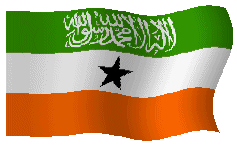



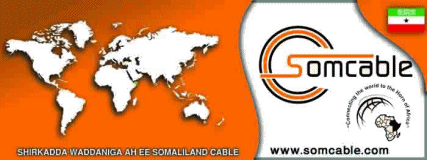
 0
0 







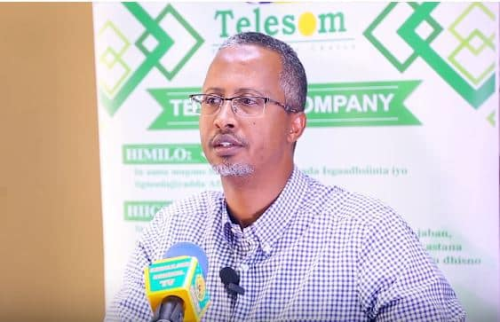


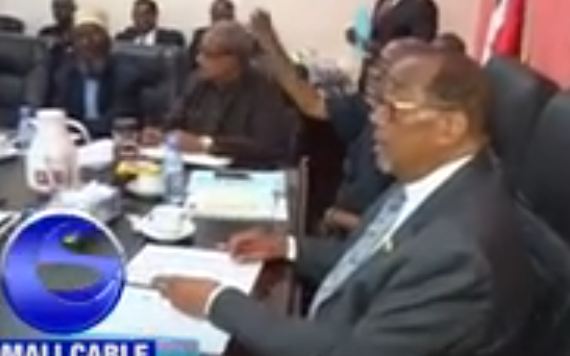

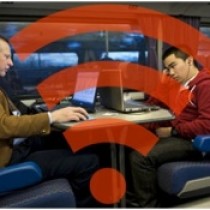
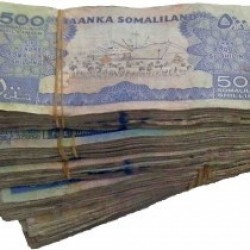
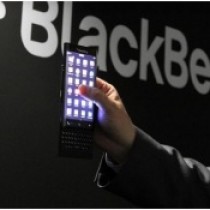

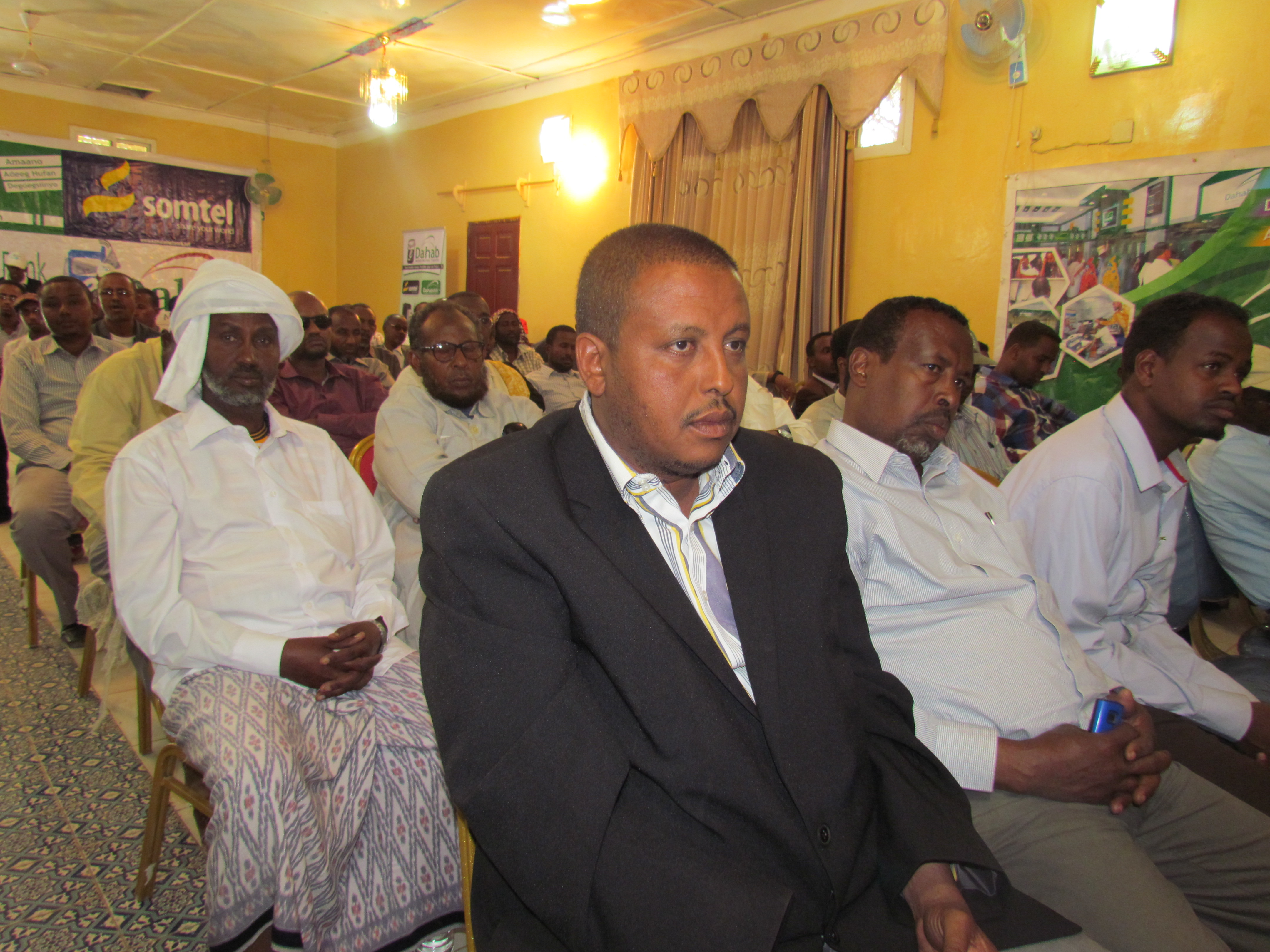

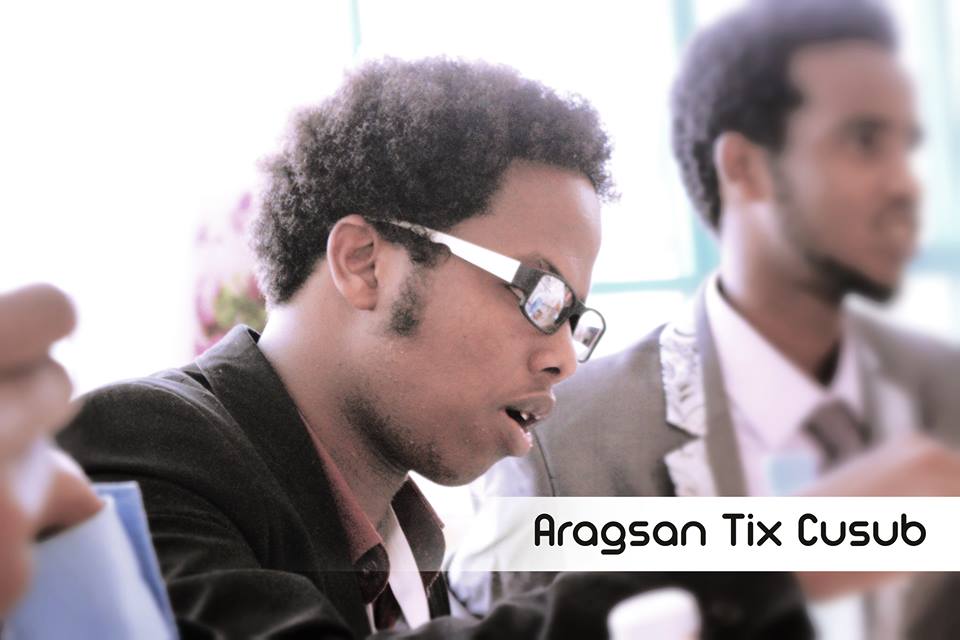


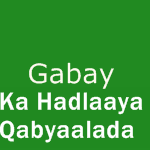
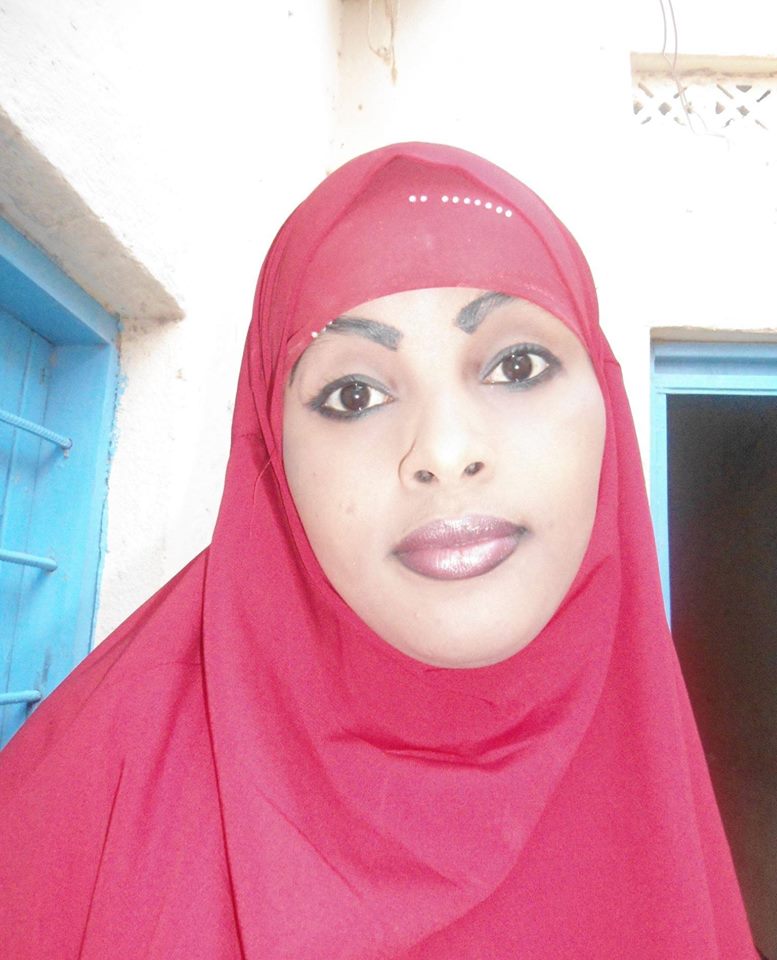


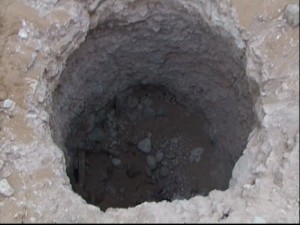

MOBILE MONEY TRANSFER AND EDAHAB
Mobilepayment, also referred to asmobile money,mobile money transfer, andmobilewallet generally refer to payment services operated under financial regulation and performed from or via amobiledevice.